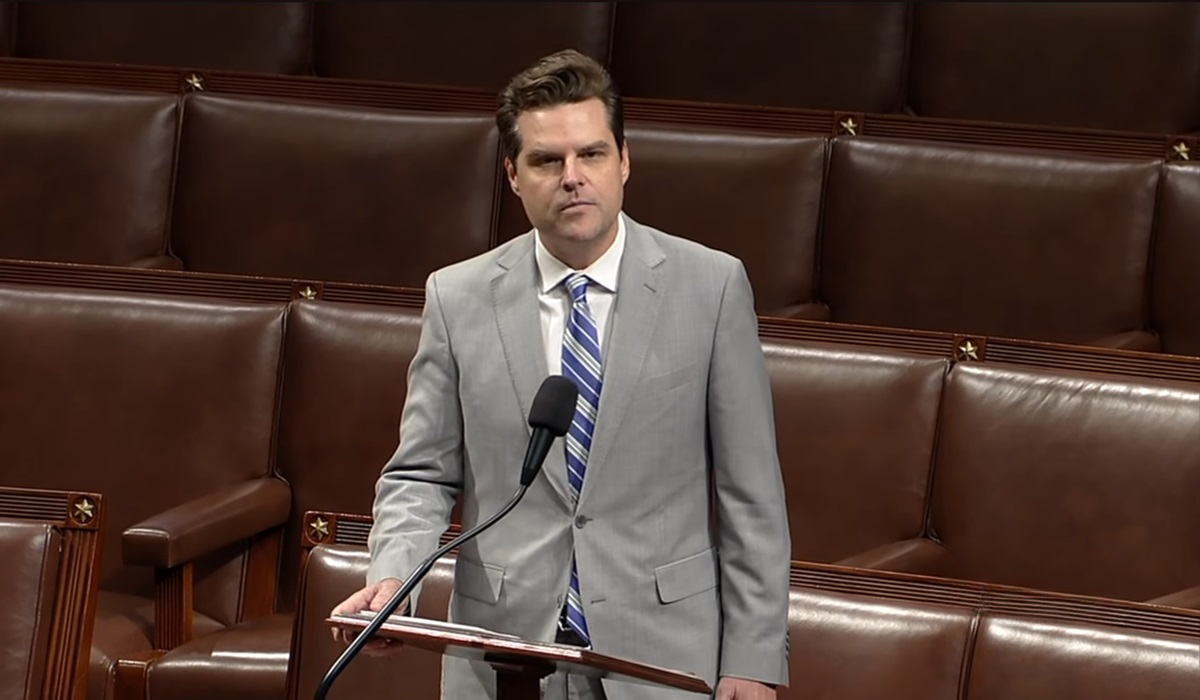Bill C-18 Impact: Google and Alphabet Commit $74 Million USD Annually to Canadian News
- TDS News
- Breaking News
- Canada
- November 29, 2023

Google and its parent company, Alphabet, have agreed to compensate Canadian news publishers for their content, amounting to $74 million USD or $100 million CAD annually. This breakthrough follows months of negotiations and is tied to the implementation of Bill C-18.
Bill C-18, officially known as the Online News Act, is a legislative initiative designed to foster a sustainable news ecosystem in Canada. Passed to address news publishers’ challenges in the digital age, the Bill aims to ensure that reliable and independent journalism remains a cornerstone of the Canadian online world.
The agreement between Google, Alphabet, and Canadian news publishers is a proactive step to contribute to the health of the news industry. The annual compensation is a tangible acknowledgment of the role played by Canadian news publishers in providing accurate and timely information to the public.
In contrast, another major content aggregator, Meta, has taken a different approach by completely blocking news from its platforms, including Instagram and Facebook. This decision raises questions about the company’s commitment to supporting the news industry and the implications for the availability of news content on its platforms.
Pascale St-Onge, the Minister of Canadian Heritage, emphasized the importance of supporting a sustainable news ecosystem. In a statement, she expressed the need for reliable, independent journalism, particularly in the online world. The Online News Act is a crucial step toward achieving this goal.
The crucial question now revolves around how news organizations can access the funds committed by Google and Alphabet. Will news organizations need to apply directly to the Canadian government, or will a new fund be created to streamline the distribution of monies?
One legitimate concern is the complexity and potential barriers within the Canadian funding system. If the process is lengthy and convoluted, it may deter smaller news organizations that genuinely need the funds. The government must create a user-friendly and efficient mechanism to ensure the funds reach the organizations that need them most.
Another aspect to watch closely is the transparency in fund allocation. How fast the money flows to the organizations in need and the proportion allocated to smaller news outlets versus larger conglomerates will be scrutinized. Striking the right balance is crucial for the long-term health of the Canadian news ecosystem.
As the implementation of Bill C-18 unfolds, the focus will shift to the practicalities of accessing the funds and ensuring an equitable distribution across the diverse landscape of Canadian news organizations. The journey toward a sustainable news ecosystem in Canada is underway, and the outcomes will shape the future of journalism in the digital age.








